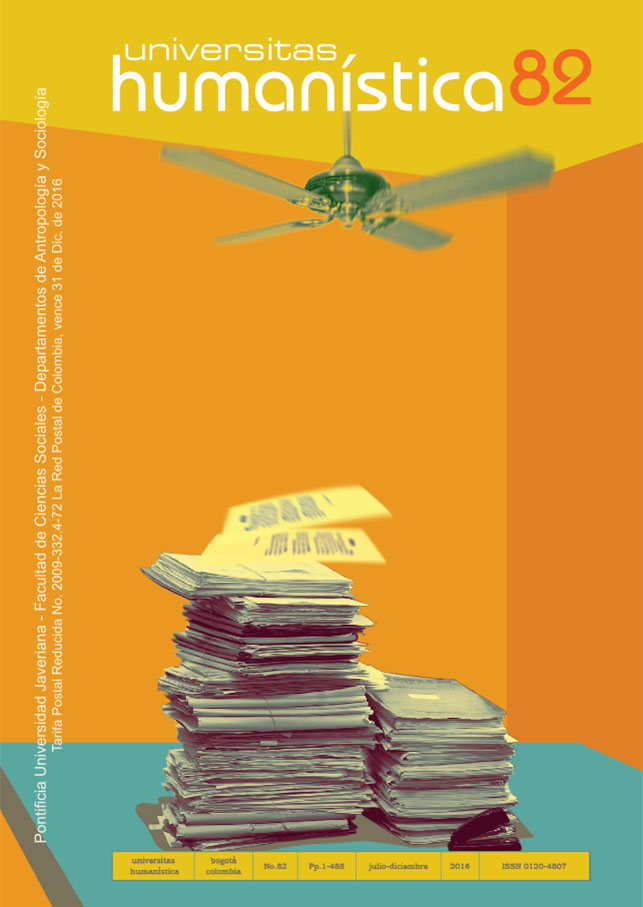Abstract
This paper analyzes the communicative practices of a Colombian trans-woman scientist, biologist Brigitte Baptiste, when she speaks publicly about environmental issues on different media platforms. In the analysis, I explore the implications of Baptiste’s public presence for the imaginaries of readers and journalists regarding science, scientists and trans-people in Colombia. Leaning on certain feminist critiques of science, I analyze communicative practices as matters of care. Throughout the analysis, I find that care in Baptiste’s public presence is performed through the ways in which she connects biodiversity and sexual diversity, thinking with trans-women’s experiences to transgress the borders of science and connect it to activism and public service. I conclude that Baptiste’s public presence in Colombia is an exceptional example of gender diversity acceptance in the present, though it does represent a speculative commitment towards embracing diversity in general in the future.
This journal provides immediate open access to its content on the principle that making research freely available to the public, encourages greater global exchange of knowledge.
The journal Universitas Humanística is registered under a Creative Commons Attribution 4.0 International Public License. Thus, this work may be reproduced, distributed, and publicly shared in digital format, as long as the names of the authors and Pontificia Universidad Javeriana are acknowledged. Others are allowed to quote, adapt, transform, auto-archive, republish, and create based on this material, for any purpose (even commercial ones), provided the authorship is duly acknowledged, a link to the original work is provided, and it is specified if changes have been made. Pontificia Universidad Javeriana does not hold the rights of published works and the authors are solely responsible for the contents of their works; they keep the moral, intellectual, privacy, and publicity rights.
Approving the intervention of the work (review, copy-editing, translation, layout) and the following outreach, are granted through an use license and not through an assignment of rights. This means the journal and Pontificia Universidad Javeriana cannot be held responsible for any ethical malpractice by the authors. As a consequence of the protection granted by the use license, the journal is not required to publish recantations or modify information already published, unless the errata stems from the editorial management process. Publishing contents in this journal does not generate royalties for contributors.


